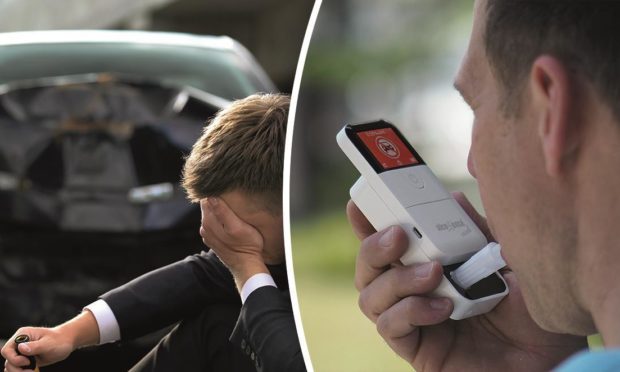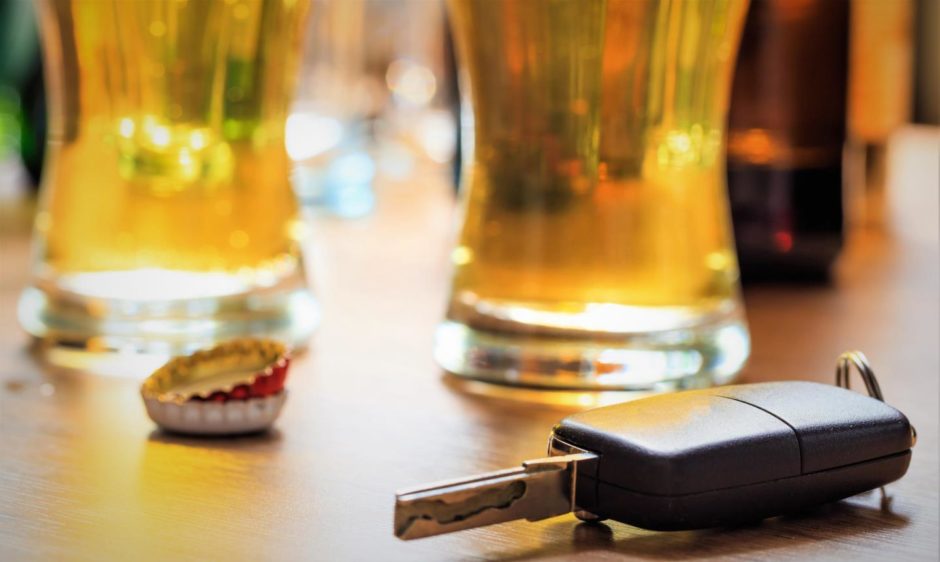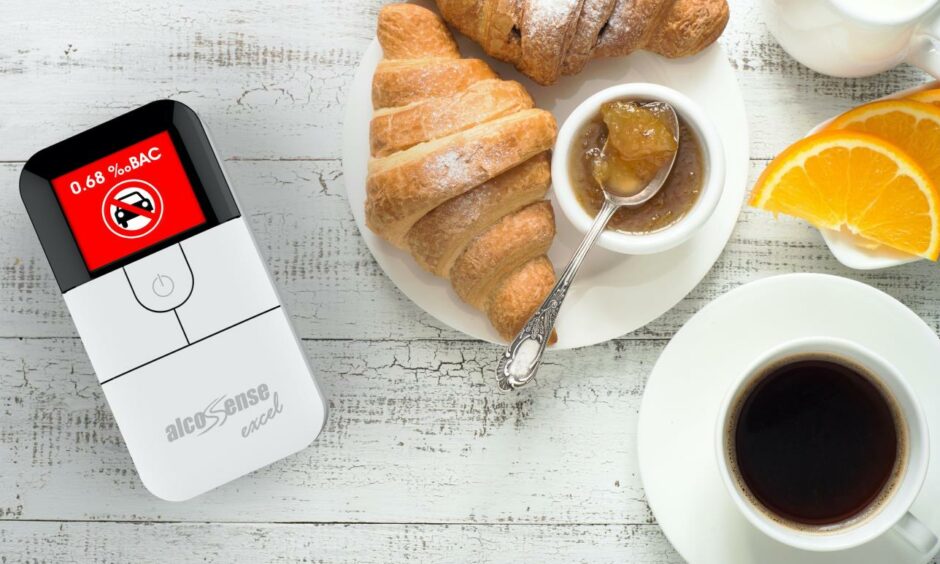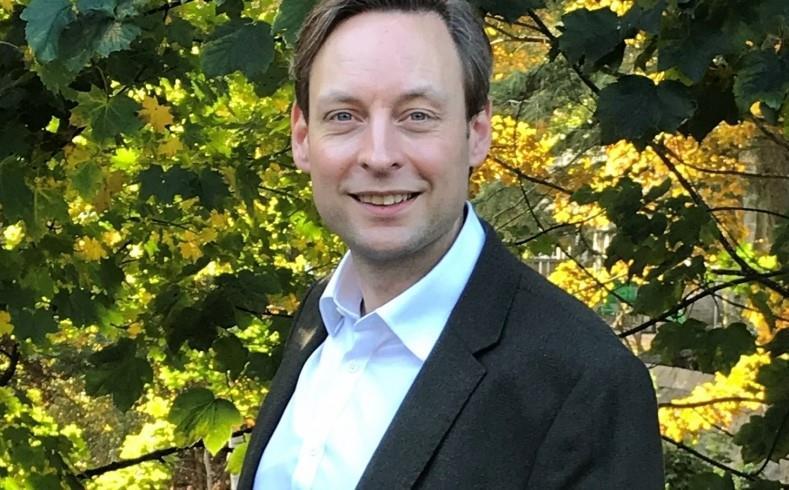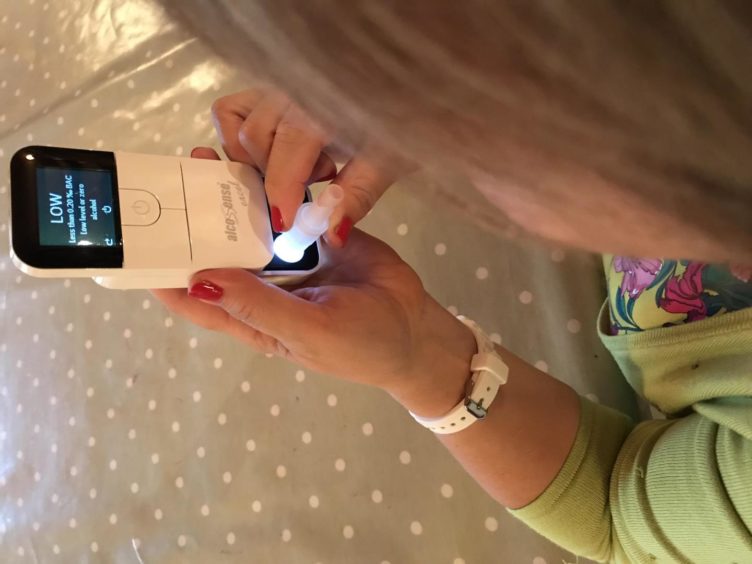A year of lockdown and local restrictions have seen a regular evening tipple become more commonplace for many of us, especially without the daily morning commuter drive.
However, the recent sunny weather coupled with lockdown lifting and sporting events has seen hundreds of thousands of eager drivers take to the roads for some well-deserved breaks.
Data published published by the Department for Transport showed that on Friday, May 28, weekday road traffic for all motor vehicles was at 104% of the equivalent weekday in February 2020 – the first time it has hit 100% since lockdown began and back to pre-pandemic levels.
39% of Scots admit drinking more at home during lockdown
Coinciding with this, Police Scotland launches its anti-drink drive campaign next Monday (July 5-11), with drivers being urged to show caution and be extra vigilant when it comes to drink driving – and with good reason.
Alcohol consumption rose across the UK during lockdown. In a survey of 2,000 adults carried out by AlcoSense Breathalyzers, 44% of respondents in England, Scotland and Wales admitted they’d been drinking increased amounts with 39% of Scots admitting they had consumed more alcohol whilst stuck at home during lockdown. AlcoSense also reports that drivers are five times more likely to have an accident at the Scottish drink drive limit, and 13 times more likely at the English limit.
Even before the return to roads, Police Scotland pointed out that during lockdown, drink driving detection increased with quieter roads making it easier to identify cases, with 508 drivers being detected for drink/drug driving offences in the festive campaign – 28 the morning after.
The surge in staycations, the reopening of sports venues, the return to office working and caution remaining around the use of public transport mean that driving is the first choice for morning-after transport – but it seems many of us have simply forgotten just how long alcohol lingers in the blood system.
Alcosense points out that if you drink four pints from 9pm-11 pm, you may not be clear to drive even at 11am the following day: in other words, many motorists are more likely to unintentionally drink drive the morning after socialising.
Hunter Abbott, member of The Parliamentary Advisory Council for Transport Safety and managing director of AlcoSense, said: “With many office workers still working from home, other people who would normally take public transport are now driving to work instead.
“These drivers, in particular, need to be wary of how much alcohol they consume at home the evening before. It’s surprisingly easy to still have alcohol in your system the following morning.”
While driving under the influence only makes up around 5% of motoring offences in Scotland, it has increased from 5,847 in 2018-19 to 6,594 in 2019-20 and, of course, the effects can be fatal.
In Scotland, the conditions offer additional challenges to visitors taking advantage of the staycation boom and and tourist attractions, but who may be less familiar with the the types of roads they are likely to encounter and, particularly, Scottish law requirements.
Highlands and Islands Labour MSP Rhoda Grant said while she welcomed tourists to the region, she wondered whether they realised that the drink drive limit in Scotland had been reduced, compared to England and Wales.
She said: “I’m not sure that most are aware, especially if they come in their own car or with no advice from hire companies.”
Drink drive advice for tourists
In Scotland the drink drive limit is 22 microgrammes of alcohol in 100 ml of breath (35 in England, Wales and Northern Ireland), 50 milligrammes of alcohol in 100ml of blood (80) and 67 milligrammes in 100 ml of urine (107).
Ms Grant added: “That reduced limit also means that morning-after-the-night-before driving can land people in trouble and other road users in danger.
“So, I’m in favour of more publicity on the drink drive limit here, especially in our rural areas where there may be limited or no access to taxis or public transport.
“Most people I know now don’t drink if they are driving, just to be sure, or they designate a driver who’s not drinking, get a taxi or public transport home, which seems perfectly sensible.”
Scottish Conservative MSP for the North East Liam Kerr agreed, saying: “It’s great to see North East hospitality and tourism bounce back as restrictions ease.
“Socialising with friends and family in good weather will have huge positive impacts on health and the local economy. But moderation is important and there can be no excuse for drink-driving.”
On the home breathalyser kits, Mr Kerr said: “Self-testing can be a useful tool but it is better not to take the chance at all; the consequences of drink-driving are often disastrous.
“If planning to drive the next day, the only way to be certain is to limit intake on a night out or act like a designated driver. Don’t leave it to chance.”
Tackling morning after drink driving
While going to the pub and driving home afterwards is becoming a thing of the past, morning-after driving remains a challenge with some drivers perhaps feeling perfectly fine but over the legal limit. So can home breath tests kits provide some perspective and offer a proper sense check?
AlcoSense believe so and have produced a range of kits from single use to the more upmarket multi-use breathalyzers that can be calibrated for international alcohol driving limits.
We tested the midrange Excel at £99.99. It was EVO Magazine Group Test Winner 2019, the Auto Express “Best Buy” 2018 (Group Test Winner) and 2018 German Design Award Winner – and it’s easy to see why.
It was quick to set up and calibrate to the Scottish levels, and comes with several blow tubes, and an easy-to-read display screen. The results are graded from green (zero or trace alcohol levels), amber (levels present but below your set limit) and red – over your limit and with a “don’t drive” alert.
After an evening dinner with friends outdoors and four medium glasses of white wine, the next morning – over 12 hours since the last drink – the gauge read green and well below Scottish legal limits. While it may seem unlikely that a random police stop would result in prosecution for drink driving, I wouldn’t have got behind the wheel anyway. I simply didn’t feel alert enough.
Police campaign to boost drink driving awareness
Alison Douglas, chief executive of Alcohol Focus Scotland points out that even small amounts of alcohol can lead to diminished response times, affecting coordination, reaction times, judgment and ability to drive safely.
She said: “While breathalysers may be able to tell you whether you still have alcohol in your system they won’t tell you if you are fit to drive. The safest thing to do is avoid alcohol completely before driving.
“The risk of having an accident rises directly in relation to the amount of alcohol consumed. The morning after a night’s drinking you could still be over the limit or simply over-tired because alcohol has disrupted your sleep.
“There are lots of benefits of drinking less. In the short term, this can mean sleeping better, losing weight and not having hangovers, and in the longer term reducing the risk of high blood pressure, stroke, cancer and liver damage.”
And with drink driving offences likely to increase over the coming months as more people take to the roads, Police Scotland’s new campaign will ensure that people remain aware of the dangers posed by morning-after driving.
Inspector Andrew Meikleham of the Road Policing Department said: “Police Scotland is committed to reducing road casualties and tackling those who put others at risk by driving under the influence of drink or drugs on a daily basis.
“We would like to reassure the public that we will continue to carry out intelligence led patrols and utilise the latest technology to ensure we detect those who put others at risk by drink or drug driving.”
In Scotland, a drink driving conviction can result in a minimum 12-month driving ban, six months in prison, or a fine of up to £5,000, plus the possible loss of your vehicle.
Inspector Meikleham added: “Our advice is simple: if you are driving do not drink or take drugs, there is no excuse, don’t risk it.”
- Prices for AlcoSense breathalysers start at £2.99 with an offer of trade-ins and upgrades.
